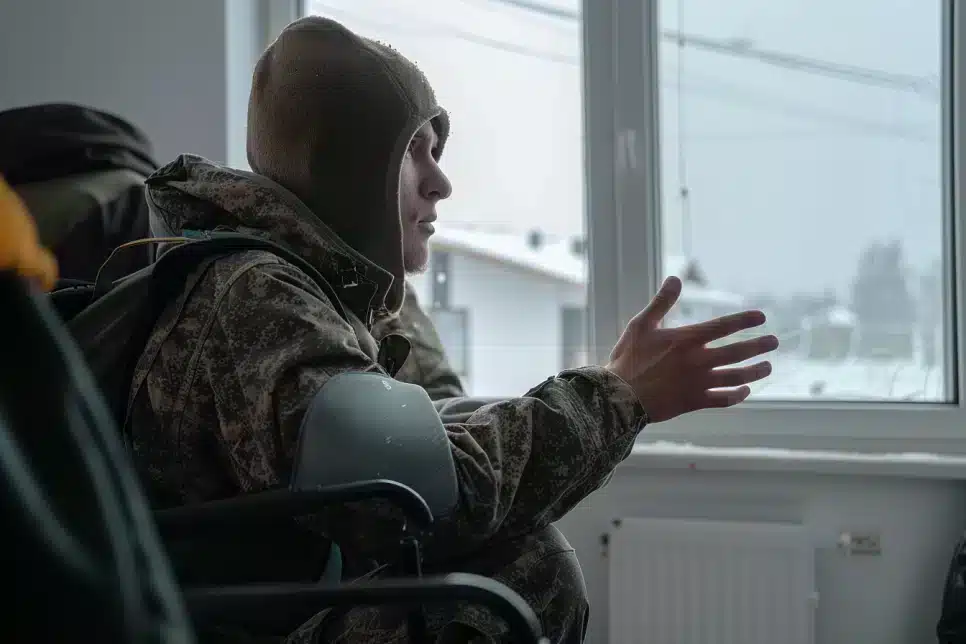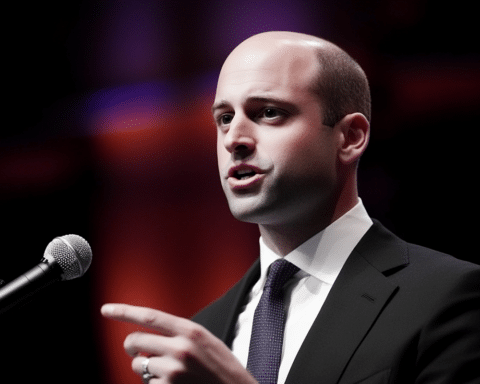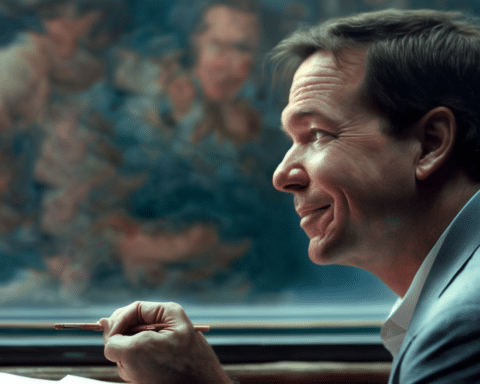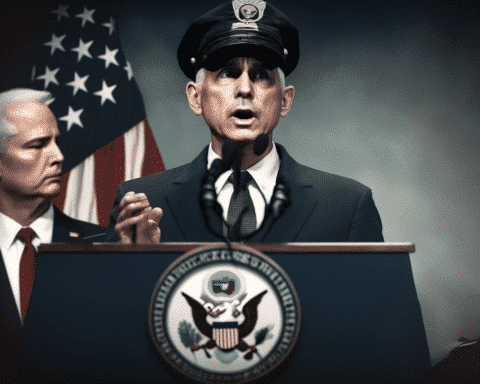The full-scale invasion of Ukraine by Russia has not only escalated into a massive conflict but also triggered a wave of defections among Russian soldiers. One such deserter, Yevgeny, a decorated hero, chose to desert by injuring himself to escape the battlefield horrors. “If the choice were death or a bullet to the leg, I would take the bullet,” he confessed, equating his painful escape to giving birth to himself anew. Yevgeny’s narrative is echoed by many trapped between their moral convictions and a war they no longer believed in.
This exodus has seen a dramatic rise in asylum claims by Russian soldiers abroad. However, the reception in the West has been lukewarm at best, as these soldiers face skepticism over their roles in the war, with concerns about them being potential spies, war criminals, or security risks. “Overall asylum claims from Russian citizens have surged since the full-scale invasion, but few are winning protection,” notes the Associated Press, highlighting the complexities in treating these cases. Former Lithuanian Prime Minister Andrius Kubilius advocates for strategically welcoming these deserters, suggesting that “cultivating Russians who oppose Vladimir Putin is in the strategic self-interest of the West.”
Despite the daunting challenges, some nations have begun acknowledging the unique circumstances of these individuals. German officials and a French court have acknowledged the rights of Russians refusing military service to seek asylum. Yet, practical barriers and stringent immigration protocols continue to stifle many such requests, leaving many like Yevgeny in limbo, fearing reprisals and uncertainty of their future.
Yevgeny’s closing words are a poignant reminder of the human cost of conflict and the complex layers of international asylum policies. “There is no mechanism for Russians who do not want to fight, deserters, to get to a safe place,” he lamented, urging Western policymakers to reconsider their stance. As these deserters navigate their precarious existences, their stories unfold, reflecting broader geopolitical dynamics and the personal tragedies interwoven with global politics.




